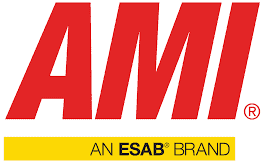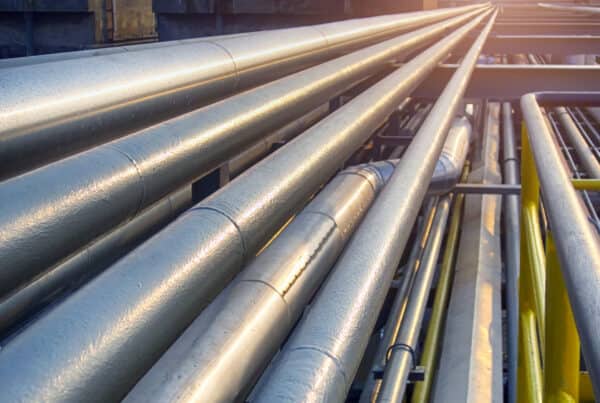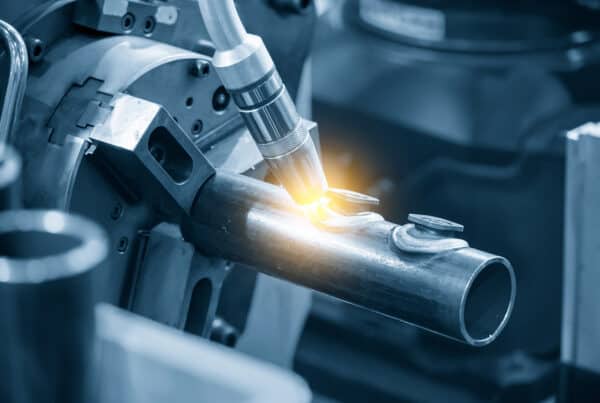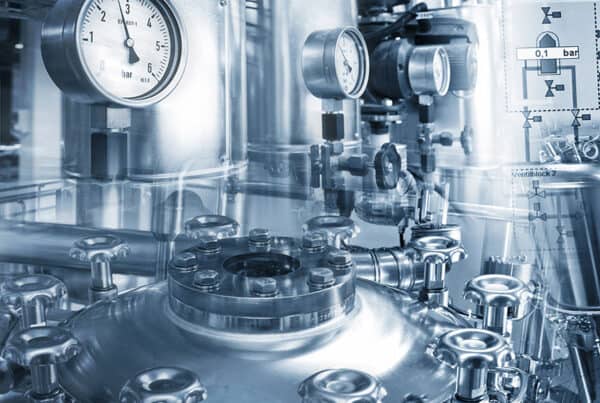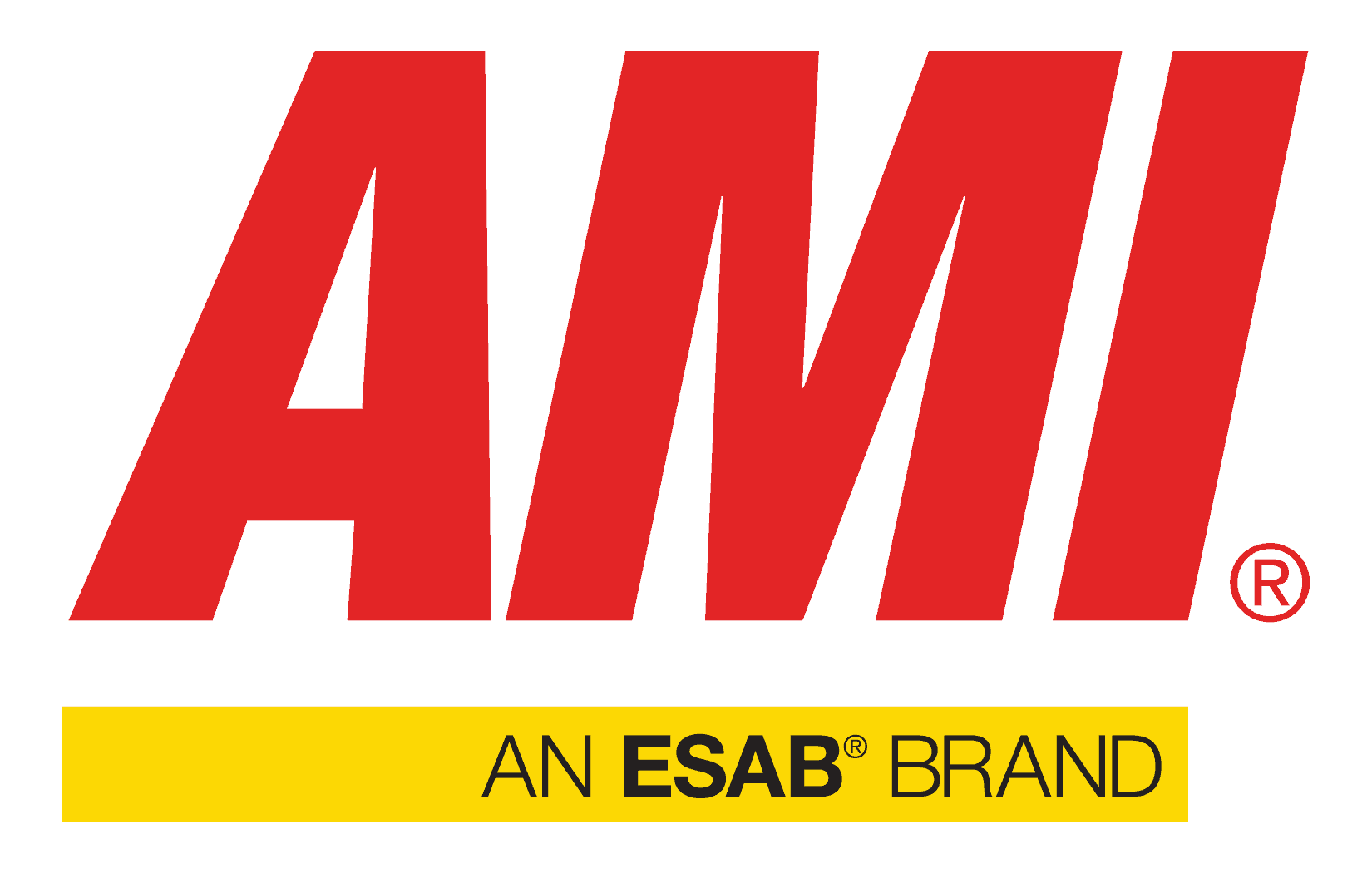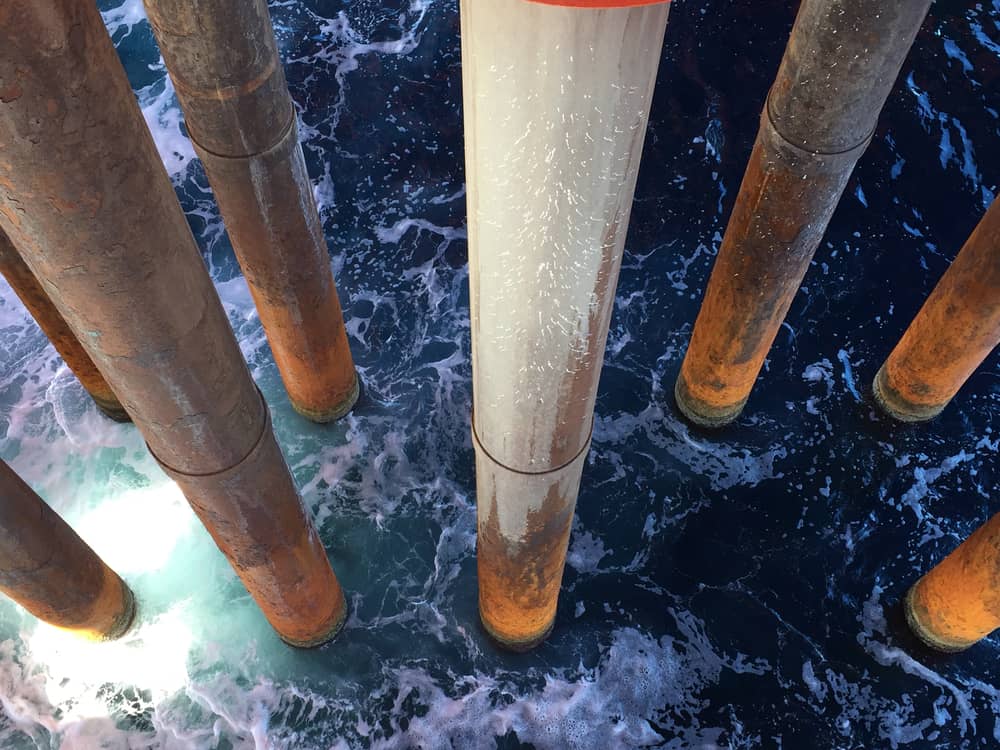
Typically, gas riser pipes help transport fluids to higher elevations. Engineers originally developed riser pipes for oil and gas drilling and as supply mains for vertical transportation. Gas riser pipes experience extreme pressure, so the quality and strength of the joints hold major importance. Due to the nature of use, however, corrosion is the main issue for gas riser pipes. As a result, meeting high-quality standards while welding requires special precautions like cladding. In this article, we will discuss the challenges and potential solutions for gas riser pipe welding.
Challenges of Gas Riser Pipe Welding
In the oil and gas industry, riser pipes play a significant role in offshore drilling projects because of the many challenges and uncertainties they are exposed to. Offshore gas riser pipes provide the pathway between the wellbore and the drilling facilities above the water, and they encounter different types of forces:
- Lateral hydrodynamic forces
- Axial load while drilling
- Buoyant force when immersed in water
The strength of the pipe and the joints in the pipe should be strong enough to withstand these immense forces.
Corrosion engineering is another discipline that can help explain the chemistry of seawater and the riser pipe material and find an appropriate welding and installation solution. Saltwater corrosion is a common deteriorating factor for structures in seawater. The extent of corrosion may vary depending on the chloride concentration, the temperature, and the oxygen level of the water. Nevertheless, corrosion can have a devastating effect on mild steel and stainless steel.
Offshore gas riser pipes can be thousands of meters long, thus, welding is mandatory. The welded joints, however, can often prove to be the weakest link, given the inhomogeneous chemical composition around the base metal, weld zone, and heat-affected zone (HAZ) where corrosion starts. Add to that common weld defects and the possibility of leakage, and pipe failure can follow.
We will discuss potential solutions to counter these issues in riser pipes below.
Protecting the Riser Pipes
The regular riser pipe used for structural purposes primarily relies on plastics or steel. For offshore applications, however, aluminum alloys can provide resistance against corrosion. For mild or low-carbon steel, cladding can be performed along the interior diameter of the gas riser pipe. The weld overlay pipe cladding method is suitable for oil and gas pipelines dealing with extreme operating environments. Pipe cladding with corrosion-resistant alloys (CRA) serves the following benefits:
- Improves the mechanical strength of the pipe
- Increases corrosion resistance in the marine environment
- Provides impact and wear reinforcement
- Prevents failure due to temperature or pressure variation
- Increases the service life of the pipe and reduces costs
The ideal welding method for weld cladding is orbital GTAW (Gas Tungsten Arc Welding). The controlled welding process, auto weld heads, and remote monitoring ability allow for precise and consistent welding that would be otherwise impossible for the length of the riser pipe. Specifically, hot-wire GTAW can direct high heat to the arc region during wire feeding, allowing for good dilution, high deposition rate, and minimal defects.
Cladding Riser Pipes for Improved Performance
Offshore oil and gas operations require riser pipes with excellent chemical properties that resist corrosion. They also require mechanical properties to withstand extreme forces as well as pressure and temperature variation. Orbital GTAW can CRA clad the gas riser pipes to improve their overall performance and combat major concerns in seawater operation. The precision and consistency of orbital GTAW mean the entire length of the oil or gas riser pipe is clad uniformly to eliminate the weak link and ensure longer operating life.
Arc Machines, Inc. has been a leading provider of GTAW orbital welding solutions for decades, with expertise in pipe cladding of a wide range of metals across a wide range of industries, including oil and gas. For questions regarding our products or gas riser pipe welding for offshore applications, contact sales@arcmachines.com. For service inquiries, contact service@arcmachines.com. Arc Machines welcomes the opportunity to discuss your specific needs. Contact us to arrange a meeting.
